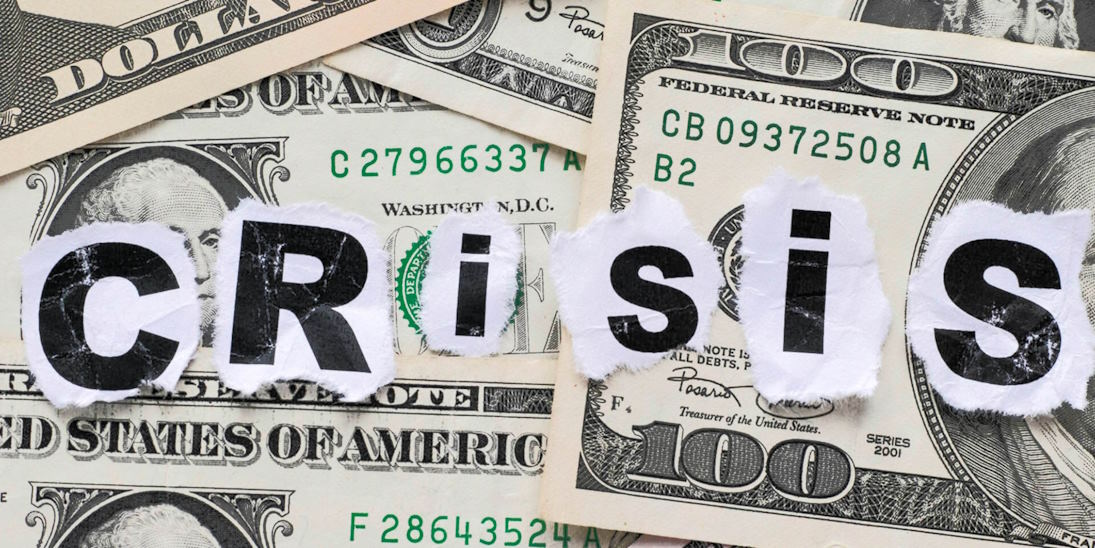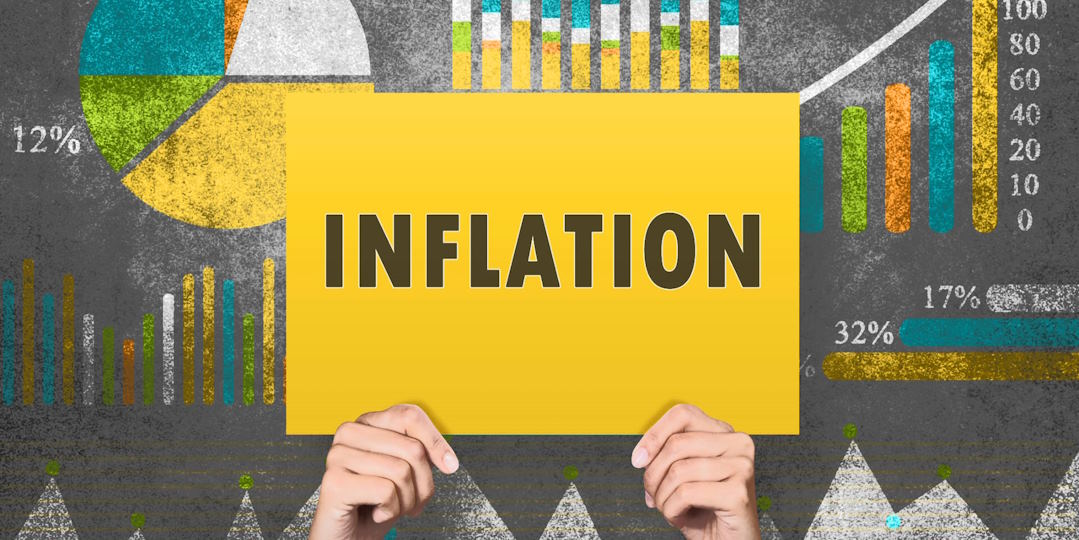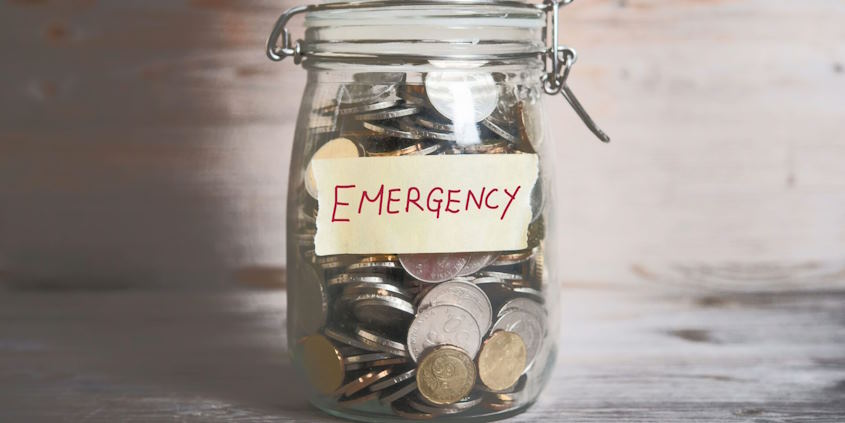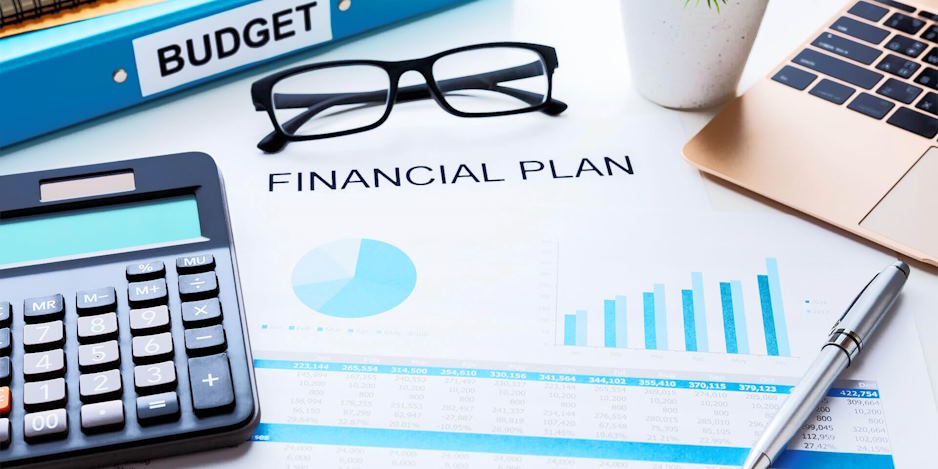This common economic phenomenon is capable of disrupting lives and undermining financial stability in an instant. Whether triggered by global economic downturns, unforeseen personal hardships, or market volatility, financial crises can strike without warning, leaving individuals and families vulnerable to economic turmoil.
How can I prevent and be prepared for the financial crisis?
Preventing and preparing for financial crises involves adopting a proactive approach to personal finance. An emergency fund is essential to cover unexpected expenses, such as medical emergencies or job loss. Managing debt wisely by prioritizing high-interest debt and avoiding unnecessary borrowing helps reduce financial vulnerability.
Besides, diversifying investments across various asset classes mitigates risk exposure and cushions the impact of market downturns. Living within your means and budgeting carefully allows you to prioritize needs over wants and save for future financial goals. Staying informed about economic trends and seeking professional advice helps make informed financial decisions and adjust strategies as needed.
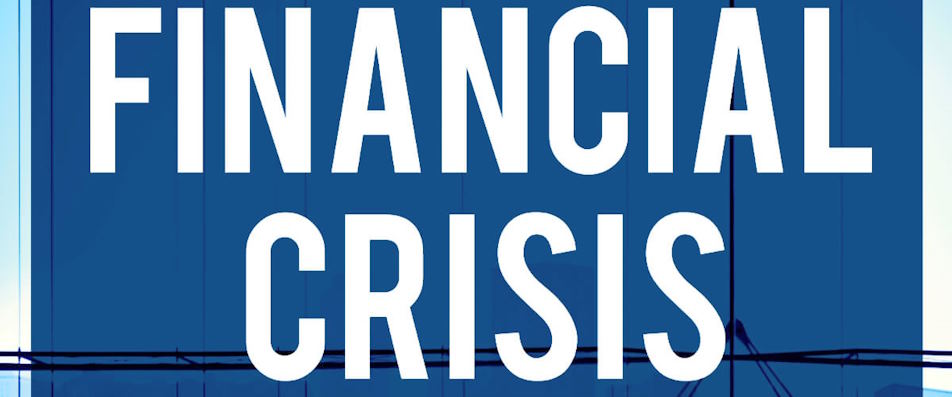
In addition, planning for the unexpected by purchasing insurance coverage and developing contingency plans prepares you for unforeseen events. Building a support network of family, friends, and mentors provides valuable guidance and assistance during challenging times. Maintaining a positive mindset fosters resilience and helps you confidently navigate financial setbacks.
By incorporating these proactive measures into your financial management strategy, you can strengthen your financial resilience and minimize the impact of potential crises on your financial well-being.
What to do if you come across a financial crisis?
When faced with a financial crisis, swift action is crucial. Take stock of your financial situation and identify the root causes of the crisis. Determine the extent of the problem and assess its immediate and long-term implications for your finances.
Identify essential expenses, such as housing, utilities, food, and transportation, and prioritize them over non-essential spending. Cut back on discretionary expenses and focus on covering basic needs to conserve resources.
Investigating government assistance programs that may offer temporary relief is a good idea. Seek guidance from financial advisors or nonprofit organizations specializing in financial education.
If necessary, consider selling non-essential assets to alleviate immediate financial pressures. Maintain a positive mindset and remain resilient in the face of challenges.
Don’t forget to reassess your financial plan, adjusting goals and strategies as needed to build resilience against future crises.

